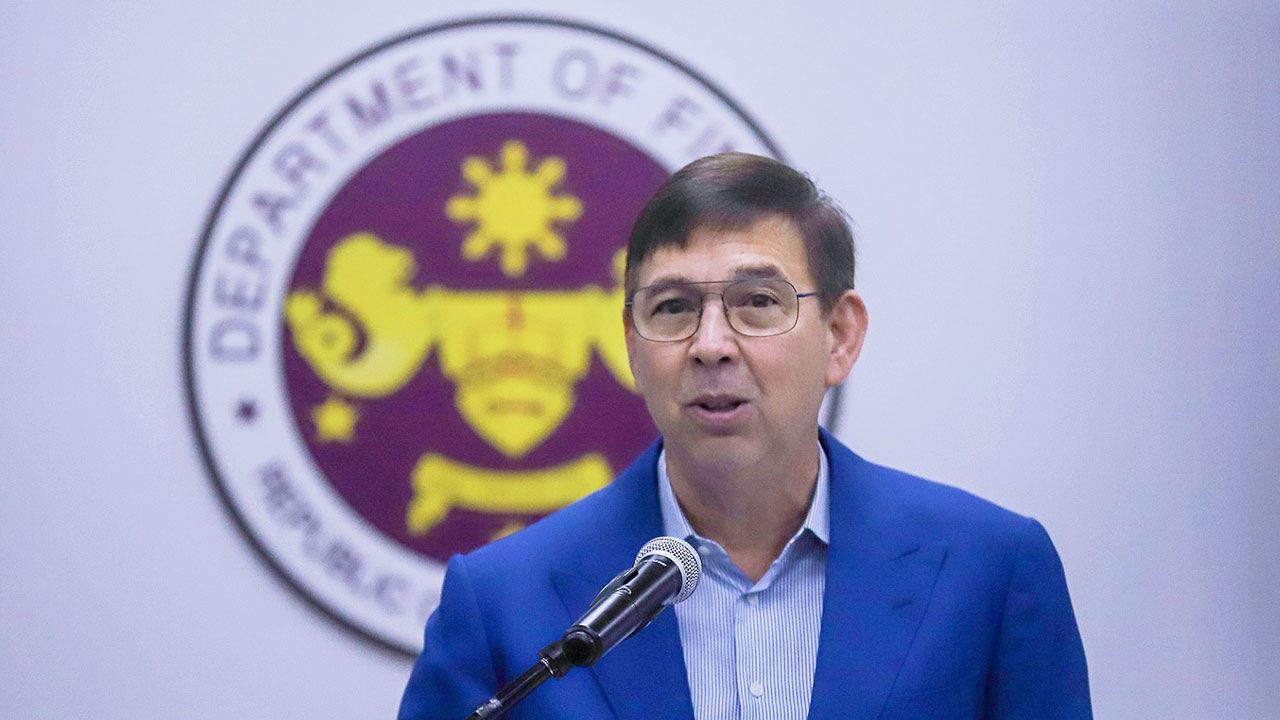Recto expects 150 bps of rate cuts in next 2 years

MANILA — The Philippines’ key policy rate, currently at a 17-year high of 6.50%, could be reduced by as much as 150 basis points in the next two years on the back of an improving outlook for inflation, its finance minister said on Monday.
Finance Minister Ralph Recto, who sits on the seven-member policy making monetary board, said it was possible for the central bank to start cutting rates this year, likely followed by more rate reductions in 2025.
“Surely, I don’t expect interest rates to go any higher. If not, if there is time, they will start to go down, maybe 150 bps in the next two years,” Mr. Recto told an economic forum.
Annual inflation has quickened for a third straight month in April to 3.8%, bringing the average rate for the first four months of the year to 3.4%, still well inside the central bank’s 2.0%-4.0% target range.
While the central bank expected “higher inflation” from May to July, the pace of consumer price increases should “revert back to target range” after that, Bangko Sentral ng Pilipinas (BSP) senior assistant governor Iluminada Sicat told the same forum.
Ms. Sicat said the central bank will be “careful not to bring down interest rate too early” to address upside risks to inflation.
The Philippine central bank, which kept its benchmark rate steady at its last five meetings, has said it was looking to cut rates by 25 basis points as early as August and by another 25 basis points in the fourth quarter. Such a move would put it ahead of major central banks including the Federal Reserve which is expected to deliver its first rate cut in September or slightly later.
Persistent strength in the U.S. labour market and business activity have prompted investors to push back bets of rate cuts by the Fed this year, exerting pressure on Asian currencies including the Philippine peso.
Ms. Sicat said the central bank was “closely monitoring developments in the currency market given the recent depreciation of the peso” but reiterated that authorities “do not target any specific exchange rate level.”
“What we look at when we enter the market is that we look whether there is presence of market stress. Because if we let the market stress left unattended, it will affect inflation expectation and that is something we are avoiding,” she said. — Reuters



